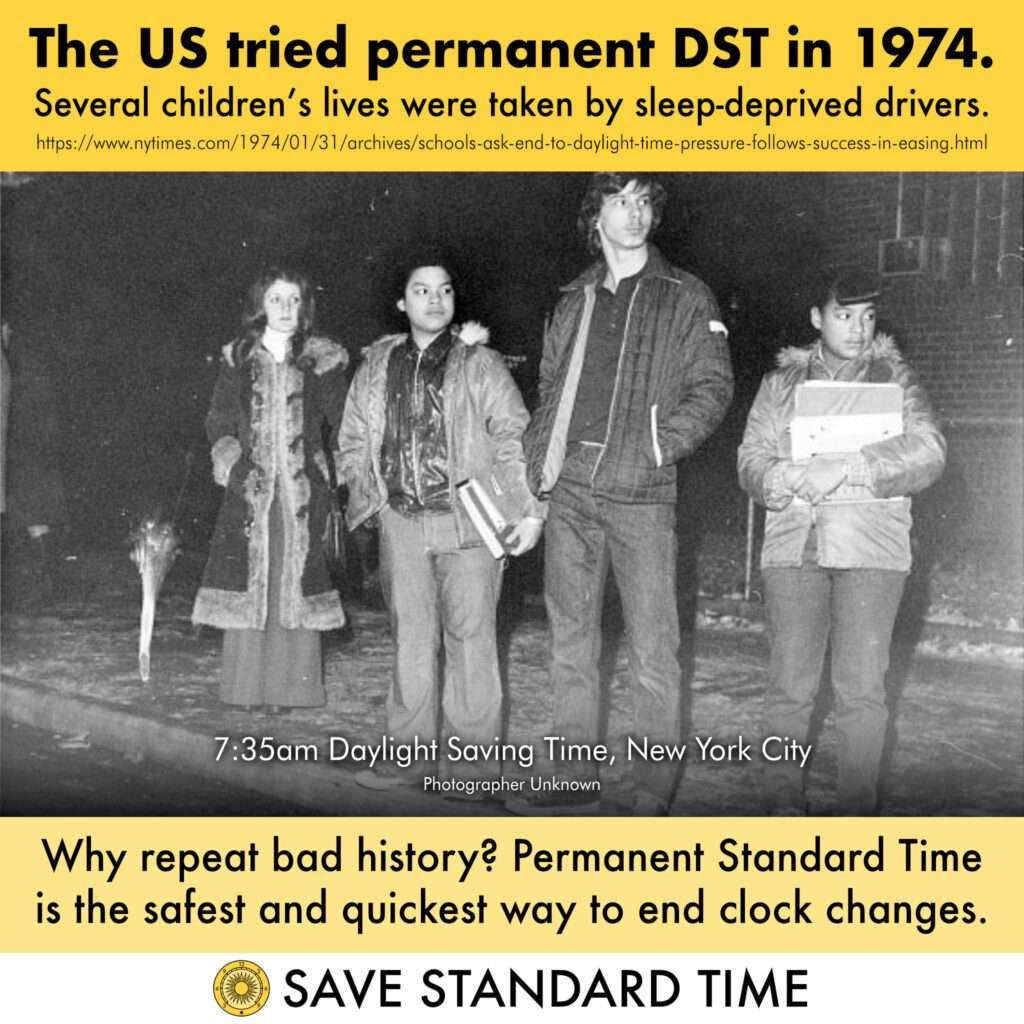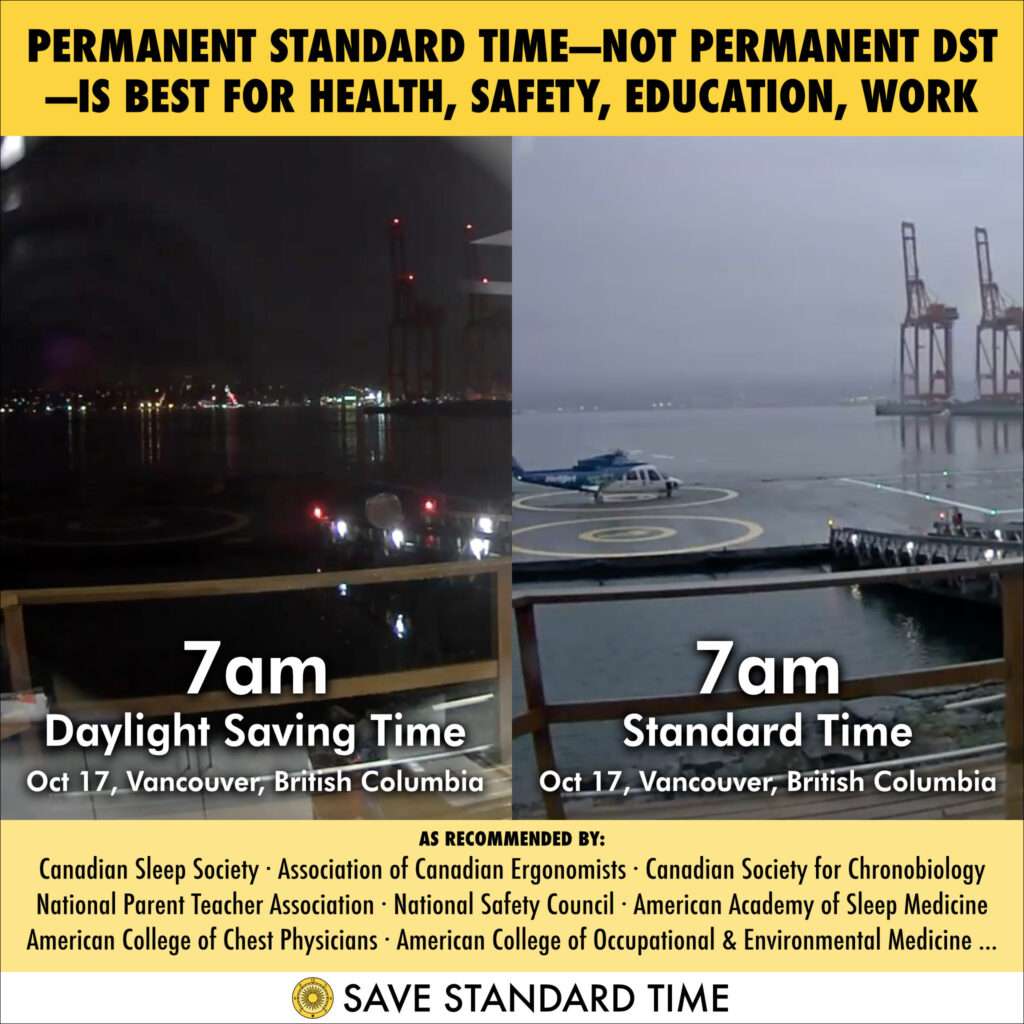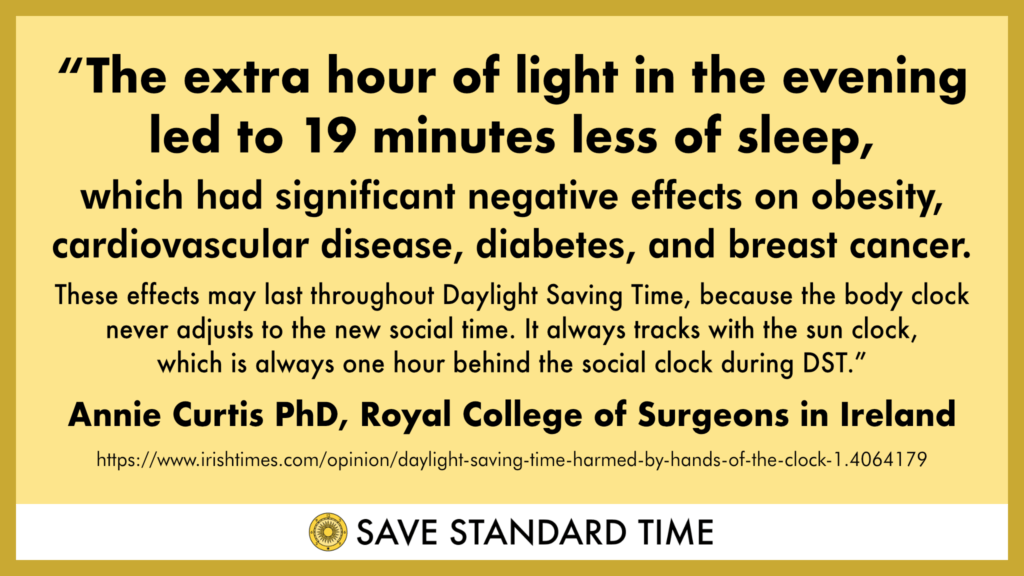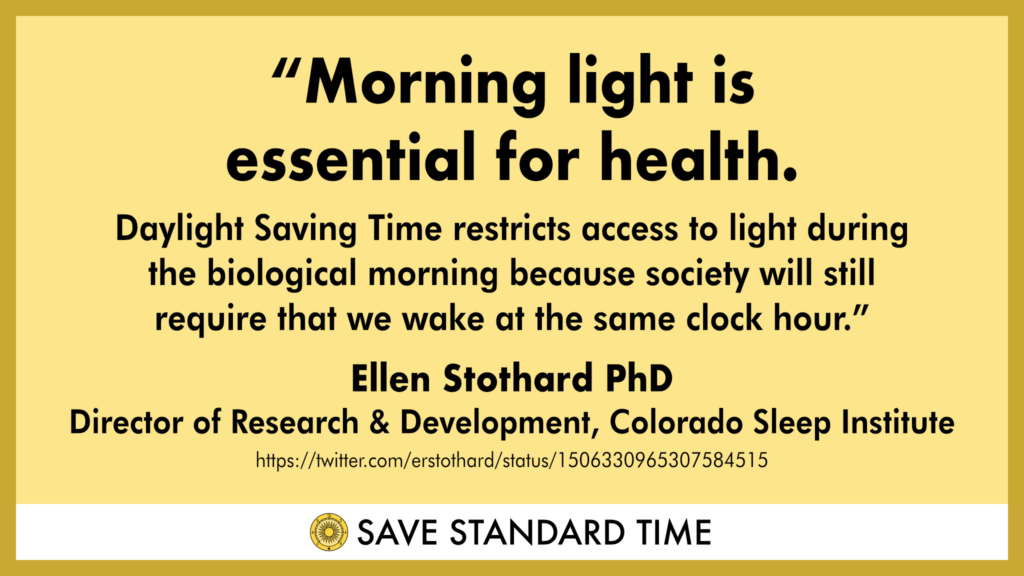Ugh, why are we still arguing about Daylight Savings Time? DST has been a hot topic for ages and yet we still can’t agree whether or not to switch.
Many people agree that we should eliminate the practice of changing the clocks twice a year and choose to stick with one time. However, opinions vary on whether we should adopt permanent standard time (winter) or daylight time (summer).
Why do we switch anyway?
Supposedly it was Benjamin Franklin who first proposed the idea of daylight saving time to save energy. It was first implemented in a place called Thunder Bay in Ontario, Canada. Then during WW1 it began to spread around the world.
Let me just reiterate that. Humans survived hundreds of years without ‘summer time’. Most places have only been using it for just over 100 years, and others even less than that. Many countries don’t change their clocks at all!
While researching and writing this article, I realized that the subject of time change requires more than one post. Therefore, for today, I will only touch on permanent DST and the current legislation in progress.
Can’t we just ditch it already?
Some people would rather make daylight saving time permanent. Permanent Daylight Time will mean that instead of changing our clocks back at the end of the year on to Standard Time we would remain on a permanent time zone which is one hour ahead of solar time.
Why would we want Permanent Daylight Savings Time?
Some of the arguments for permanent DST are;
We would get more time in the evenings for activities and socialising,
It would save energy
It might reduce crime rates
But really it is just a recipe for missed appointments and scheduling headaches. And believe it or not it has actually been tried before in the 1970s. In fact the USA has experimented with permanent daylight saving time several times and each time the experiment has failed.

Why wouldn’t we want Permanent Daylight Savings Time?
Now this might seem a good idea and it sounds perfectly logical. I know that a lot of people in my SAD group often count down the days until the clocks go forward but it’s not as simple as it might seem and I’m going to show you why.
Socialising
Okay, let’s dispel a myth right now. We don’t get an extra hour in the day by springing forward in the spring. It simply moves the hour to the other end of the day. And honestly, it won’t make a significant difference within a few weeks. The days naturally become longer as we orbit around the sun, and they will continue to do so, regardless of what your watch indicates. Remember, during spring, it won’t be as chilly and unpleasant as winter. It will be warmer, enabling you to socialize even after nightfall.

Energy.
There was good reason for starting Summer or Daylight Time during the First and Second World Wars, as we needed to conserve energy while working in factories and on the land to support the country. During the energy crisis of the 1960’s and 1970’s, this also made sense. However, with the move to renewable energy and solar power, we can no longer use that argument.
Being on permanent daylight time might provide more daylight in the evenings for outdoor activities, but it will also make it harder to wake up and start the day due to darker mornings. It may worsen Seasonal Affective Disorder for those affected and increase the numbers diagnosed with SAD.
In many places on the West Coast it will stay dark until after 9am during winter if we keep to daylight time. In fact manyplaces will end up with even more darker mornings over the course of a year. If you live in the USA you can check your state for yourself here.
We already know that morning light is the most important light of the day for us so it doesn’t seem to make sense to create even more darker mornings.

Have you ever experienced a time difference of more than three hours when traveling or flying? If so, you have most likely experienced jet lag. When we are jet lagged, our bodies eventually adjust to the new time zone, even if it’s morning or evening. However, if we were on permanent daylight time, we would feel like we were experiencing jet lag all the time. Our bodies and minds would be out of sync with our internal clocks, which could have long-term health effects.
Health.
I can’t go into them all here, but more and more sleep experts agree that always being out of sync can impact our health. The few days after the time change show increases in vehicle accidents, workplace accidents, and A&E admissions. Studies have also shown a slight increase in the rate of heart attacks and deaths after the move to summer time, and a corresponding decrease when we move back to standard time.



Crime Rates.
There is a theory that more crime takes place in the dark so permanent daylight time will mean less crime will take place. I haven’t seen any studies or statistics to back this up though.
The Current Position.
Some countries are already making moves to adopt permanent Daylight Time.
Europe
In 2019 Europe voted to switch to permanent summer time but due to COVID and Brexit work on this has been paused and is currently in a stalemate situation while different committees argue over who’s responsible for looking into the matter. The United Kingdom is no longer part of the EU and have decided to stick to the current bi-yearly time changes.
Canada
In Canada some provinces are already on a single time zone.
Saskatchewan remains on central Standard Time throughout the year and the Territory of Yukon remains on mountain standard time throughout the year. Notice these are Standard or Winter times not Daylight times there are also a few places in BC which do not observe summer time.
I actually have a friend who is fortunate enough to live in one of these places where she stays on Mountain Standard Time throughout the year. In British Columbia we voted on changing a few years ago and the vote passed to move to a Permanent Daylight Time once our corresponding neighbours Washington, Idaho and Montana do.
Ontario and Alberta have also held referendums for ending Standard Time and the provinces of New Brunswick, Newfoundland and Labrador, Prince Edward Island, and Nova Scotia, are also looking into the possibility of adopting permanent daylight time.
United States of America
They are currently trying to pass legislation regarding a move to permanent DST in America. The Senate unanimously passed the Sunshine Protection Act in 2022, but it did not get past the House of Representatives, which is required before it can be signed into law. This year, they reintroduced the act as the Sunshine Protection Act 2023. As of March 13th, 2023, 19 states have passed resolutions to provide for year-round savings time. The National Conference of State Legislatures has a map showing which states have already enacted legislation. If you jump to this section and scroll down you’ll see a map which showing which states have already enacted legislation.
There are two states which stay on Standard Time year round and these are Hawaii and Arizona along with all the US Territories. There is however, a growing groundswell of support for saying no to PDT as more and more becomes known about the impact it may have.
If you would like to learn more about this, you can find out more at the Save Standard Time website who gave me permission to use their images.

If your sundial and your watch tell different times it’s not the sundial that is wrong
My own opinion.
I was one of those who voted on this BC and I truly believe that we were conned, the wording of the referendum was vague enough that some, including myself, voted for summertime instead of standard time as we had intended.
After 20 years I still get confused because in England we have BST which is British summertime and here we have PST which is Pacific Standard Time, and what we call summer time in the UK they call daylight time here, so I am constantly confused between PST and PDT. Not to mention that PST is also used informally to mean Pacific Summer Time! Just the one acronym would be really good, thanks!
At the end of the day we have to remember that although we may like to consider ourselves as sophisticated, humans are still part of the animal kingdom and like all life on earth our natural and circadian rhythms are driven by daylight not by the clock.
Organizations who work by the clock could move their hours by starting earlier or later depending on the time of year, which might make more sense instead of everyone changing time.
What do you think?






